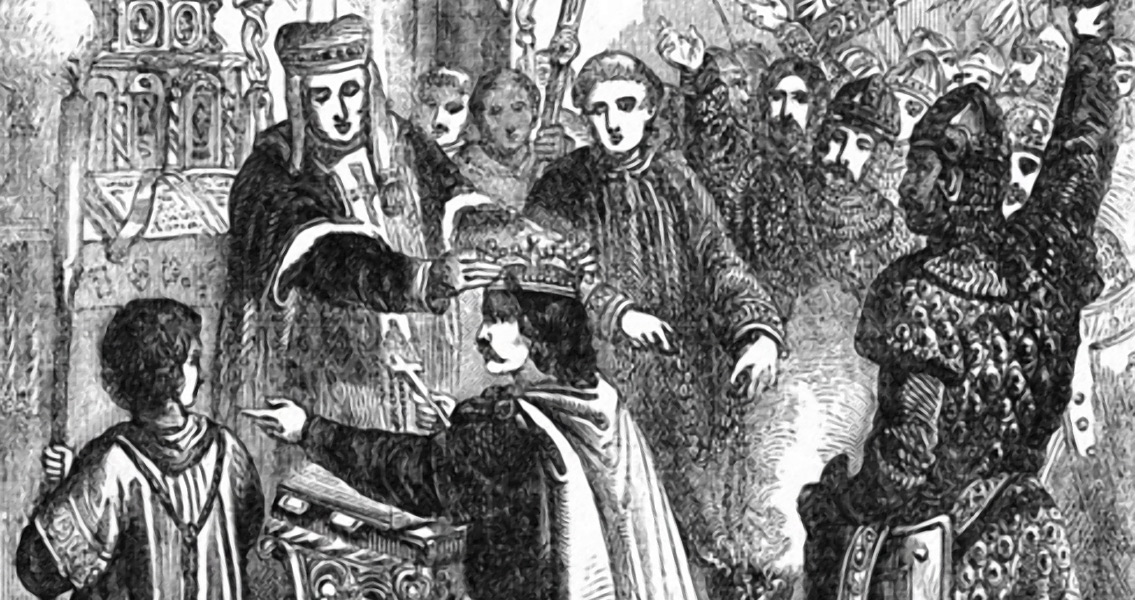<![CDATA[The forces of William the Conqueror landed in Pevensey Bay on 28th September, 1066. The landing was the start of the Norman Conquest of England, culminating in the Battle of Hastings on 14th October, 1066. Events in 1066, and in particular William the Conqueror's invasion of England, had their origins in a series of long running disputes over the English crown which started much earlier in the eleventh century. In 1016 King Cnut of Denmark had taken over England, aided by a group of English magnates who allied with him and his opportunistic ability to take advantage of a dispute between king Aethelred and his son, Edmund Ironside. To consolidate his power, Cnut had Eadric, ealdorman of Mercia - one of his important allies in the conquest - murdered along with most of Aethelred's royal family. The only survivors, Aethelred's sons Edward the Confessor and Alfred Aethling escaped into exile to Normandy, entering the care of Duke Richard II. Cnut married Emma, the late Aethelred's wife, to prevent the duke of Normandy challenging his position in England, and started to install loyal noblemen, both Danish and English, into positions of power. After thirty years in exile Edward the Confessor returned to England to take the throne in 1042. Under Cnut the loyal noblemen had amassed enormous wealth and power, making them a significant challenge to Edward's position as king. He married Edith Godwin, the daughter of Godwin, the Earl of Wessex - one of the most powerful noblemen - in a marriage designed to consolidate his position against the powerful nobility. Significantly, he also began to appoint French noblemen as a means to offset the power of those who had been loyal to Cnut and his sons. William, the illegitimate son of Duke Richard II, became Duke of Normandy at the age of eight following his father's death. Born into a tumultuous time in Norman politics, William survived his childhood despite a brutal baronial feud over the Duchy which saw some of his personal guards and a teacher murdered, and finally secured complete control of the Duchy in 1042, with the aid of the King of France. Swift Norman expansion followed, with the conquest of both Brittany and Maine by 1064. At the same time, Edward the Confessor, elderly and still childless, had started to break off his connection with the Godwine family, distancing himself from Edith and attempting to strengthen the bond between England and Normandy. William claimed that at some point during a visit to England Edward had granted him the succession to the English throne. The veracity of this claim has never been proven, and even if it is true, many historians claim that Edward had made the same promise to others. When Harold Godwin, the Earl of Wessex's son and Edith's brother, claimed the throne on Edward's death with the backing of the English council of lords, William amassed an army to launch an attack on England. After being delayed by severe winds, William eventually launched his invasion with a mass of ships, landing in England on 28th September. The subsequent events are well documented. Harold's army, exhausted from repelling a Norwegian invasion in the north, engaged William's forces at Hastings in October and lost, with Harold killed in the fighting. William's rule had a profound impact on England. The landscape changed, as the Norman's set about building a host of impressive medieval castles around the country. Anglo-Saxons were culled from positions of power, within both church and state, and replaced with Normans, while all political links with Scandinavia were severed, pulling England into the sphere of French influence. Power was increasingly drawn towards the king, while drastic changes were made to the legal system and the rights of land ownership. For many, the Norman Conquest very much signaled the dawn of what we now recognise as Medieval England.]]>
William the Conqueror Arrives in England
